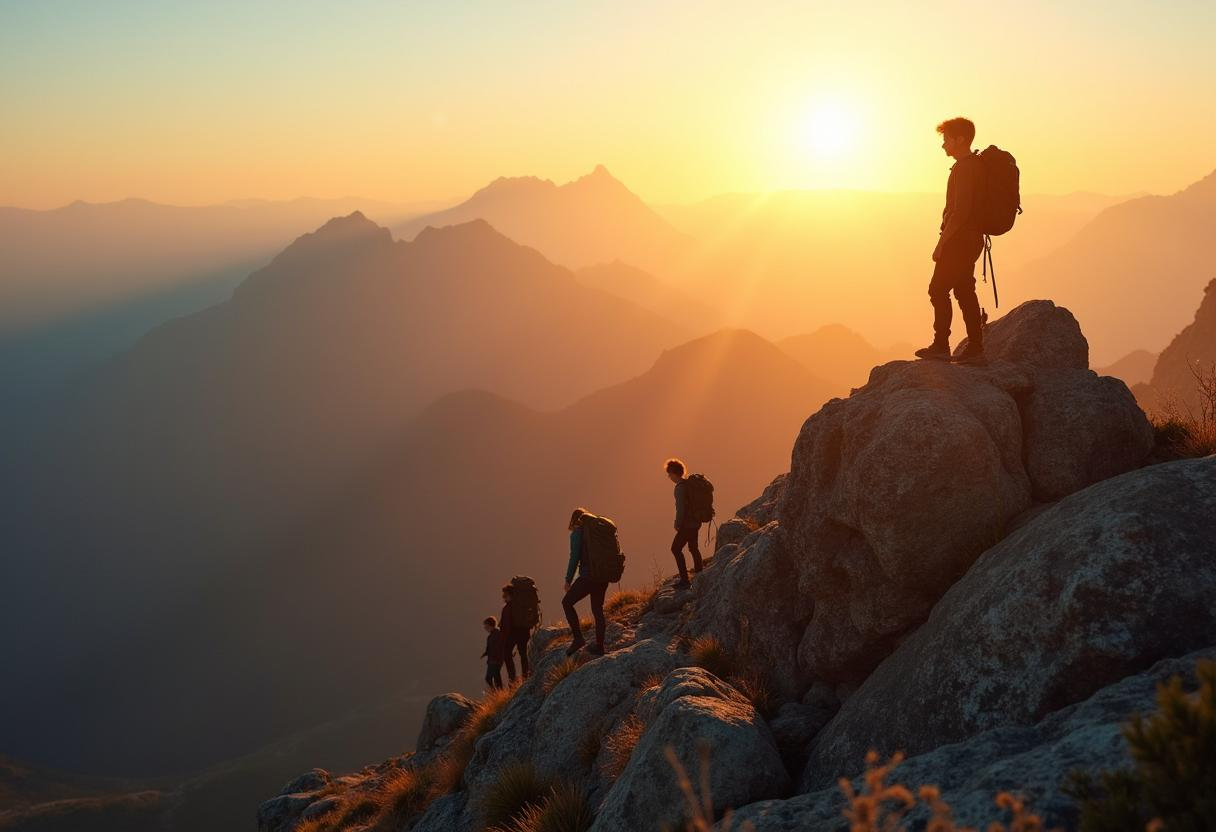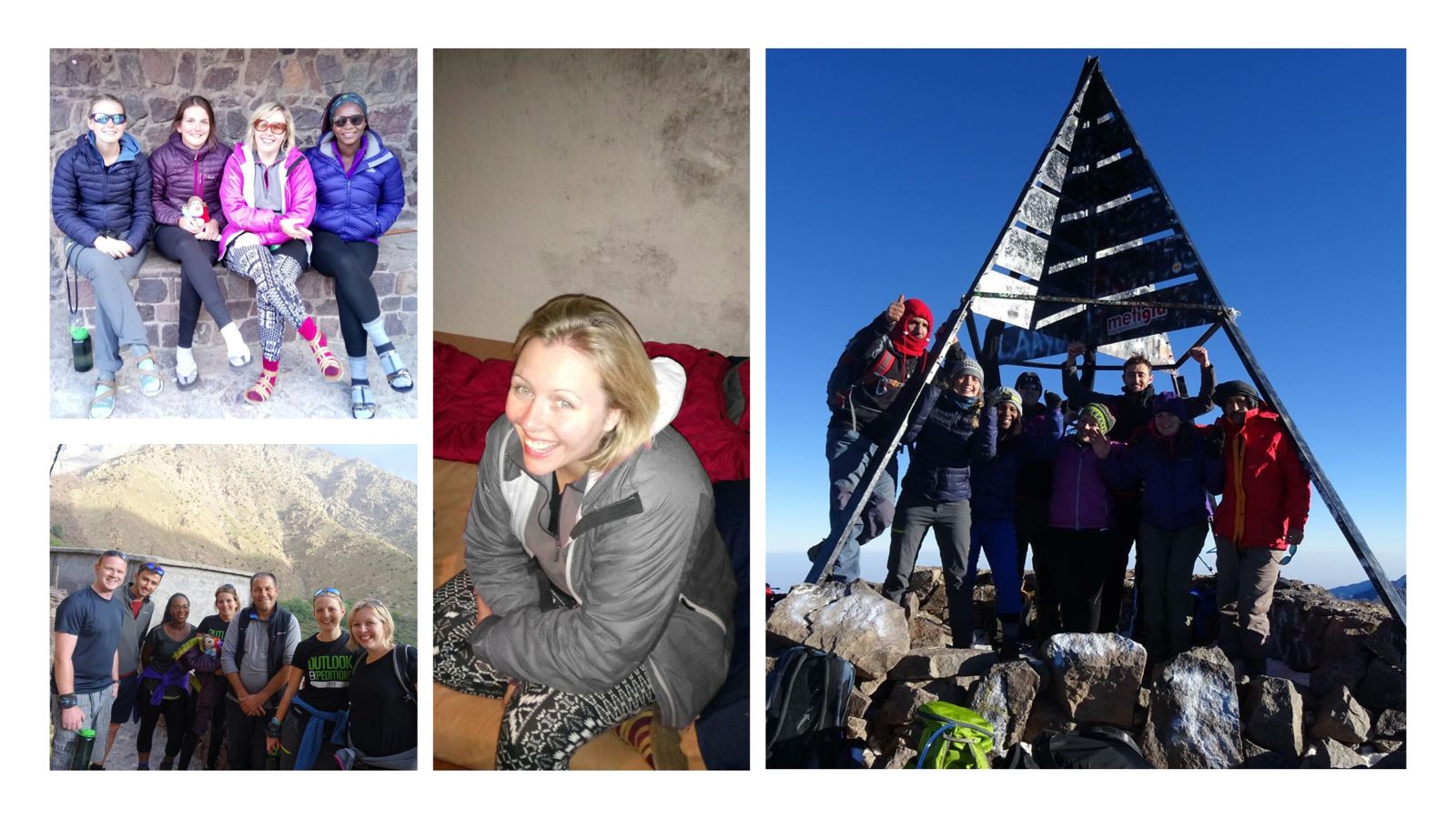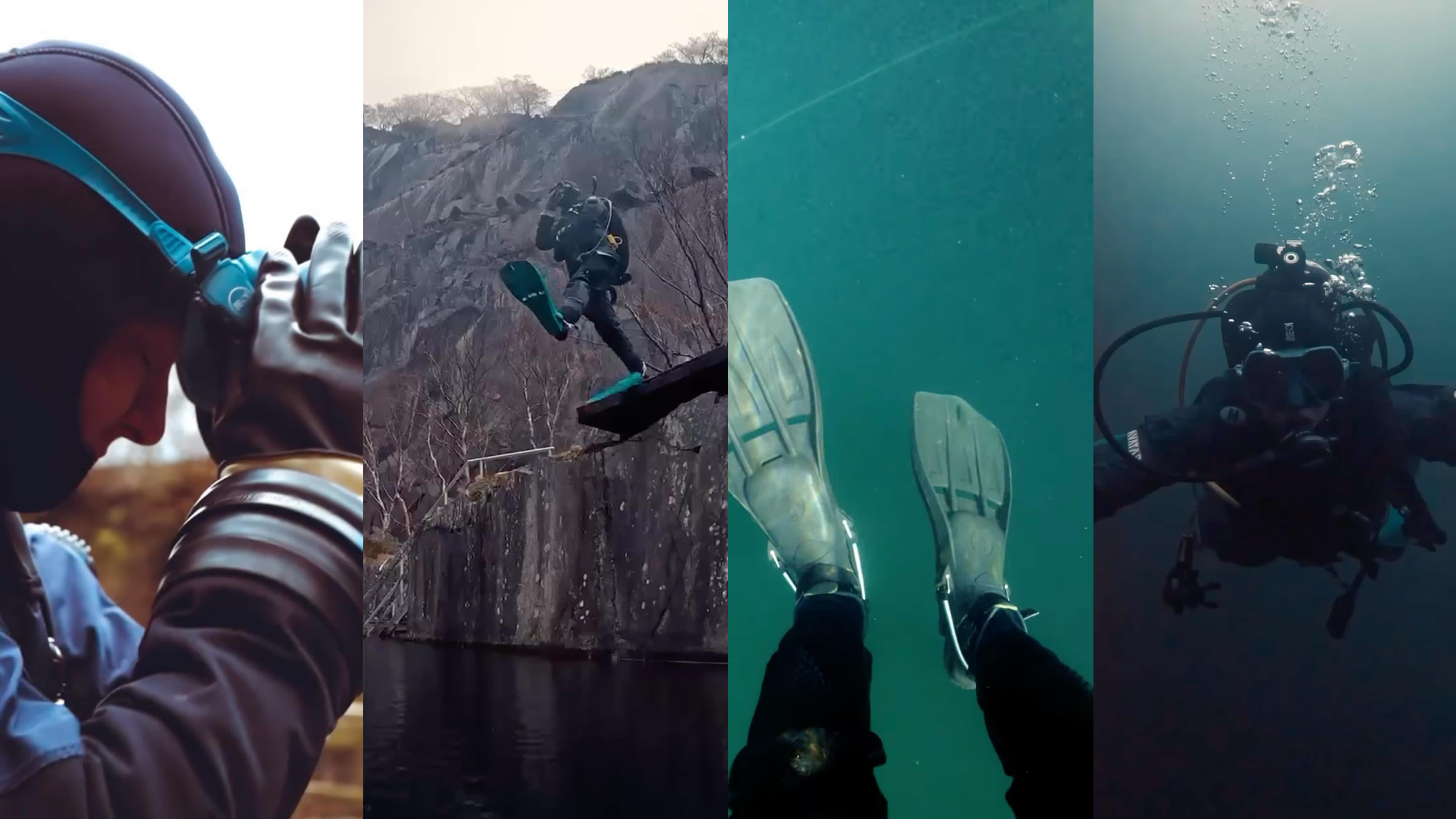
How Outdoor Adventure Builds Leadership and Resilience
Introduction
Adventure is more than just an adrenaline rush—it’s a way to develop essential life skills like leadership, resilience, and problem-solving. The challenges faced in the wild, whether navigating rough terrain, making quick decisions, or working as a team, translate directly into real-world confidence and adaptability.
At Xplor, we believe adventure isn’t just about the experience—it’s about who you become along the way. Every trek, dive, or climb strengthens character, builds decision-making skills, and teaches teamwork. Here’s how outdoor challenges shape leaders and cultivate resilience.
1. Leadership Through Team-Based Challenges
Great leaders emerge when they are forced to make tough decisions in high-stakes situations. Outdoor adventure provides the perfect environment to test and refine leadership abilities.
How Adventure Builds Leadership:
- Decision-Making Under Pressure: Whether choosing the best path on a trail or leading a group through a challenging climb, adventure forces individuals to assess risks and make quick decisions.
- Leading by Example: In team-based survival activities like rafting or orienteering, strong leadership means stepping up, guiding others, and maintaining focus under pressure.
- Developing Communication Skills: Effective communication is key when coordinating a team during a complex challenge like building a raft or navigating a route.
Real adventure demands leadership—and the more you step up in nature, the more confidence you gain in everyday life.
2. Resilience: Overcoming Challenges in Nature
Resilience isn’t built in comfort—it’s forged through challenge. Whether it’s enduring a long trek, overcoming fear on a high-altitude climb, or pushing past exhaustion in an endurance sport, adventure trains the mind to handle setbacks and push forward.
How Adventure Strengthens Resilience:
- Physical Endurance Equals Mental Strength: Completing a multi-day hike or skiing through tough terrain teaches persistence—you learn to keep going even when every muscle aches.
- Adapting to Unpredictability: Nature is unpredictable—weather shifts, trails disappear, and gear fails. Learning to adapt in the moment builds a problem-solving mindset.
- Facing Fear and Pushing Limits: High-altitude adventures, deep dives, or extreme sports push mental barriers, teaching participants to manage fear and uncertainty.
Resilience isn’t about avoiding challenges—it’s about facing them and learning from every obstacle.
3. Problem-Solving & Critical Thinking
Adventure isn’t just about physical endurance—it’s a test of intelligence and strategy. Outdoor experiences require quick thinking, adaptability, and the ability to stay calm under stress.
Adventure Scenarios That Build Problem-Solving Skills:
- Orienteering & Navigation Challenges: Finding your way in unfamiliar terrain builds logical thinking.
- Survival Skills & Resourcefulness: Fire-making, shelter-building, and water purification force explorers to think creatively.
- Team-Based Puzzles & Escape Challenges: Some adventure camps introduce problem-solving activities that require collaborative thinking and decision-making.
Nature’s greatest lesson? There’s always a way forward—you just have to find it.
4. Self-Discovery and Personal Growth
Beyond physical and mental strength, adventure fosters self-awareness and emotional intelligence. In the solitude of a long trek, a night under the stars, or a deep dive beneath the surface, explorers learn who they truly are.
How Adventure Fosters Personal Growth:
- Building Independence: Facing the wild alone develops self-reliance and trust in one’s abilities.
- Reflection & Mental Clarity: Spending time in nature away from distractions allows deep self-reflection.
- Appreciation for Simplicity: Outdoor adventures teach that happiness doesn’t come from material comfort but from experience, challenge, and connection with nature.
Every step into the unknown reveals more about yourself than any book or classroom ever could.
Conclusion
Adventure isn’t just about thrill-seeking—it’s about developing leadership, resilience, problem-solving, and self-awareness. Whether leading a group, navigating difficult terrain, or pushing past limits, every challenge shapes stronger, more confident individuals.
At Xplor, we don’t just create adventurers—we build future leaders.












